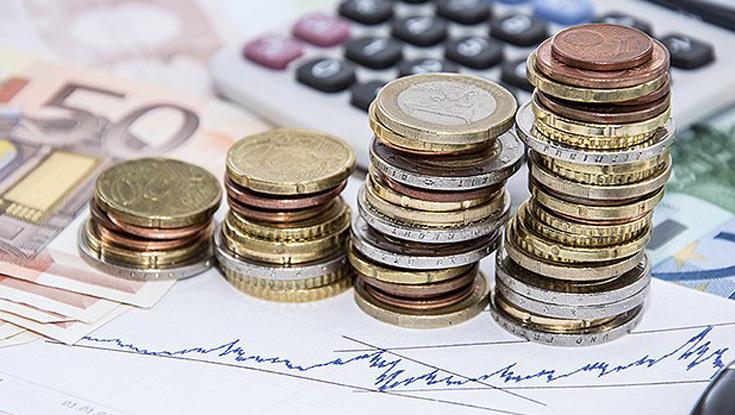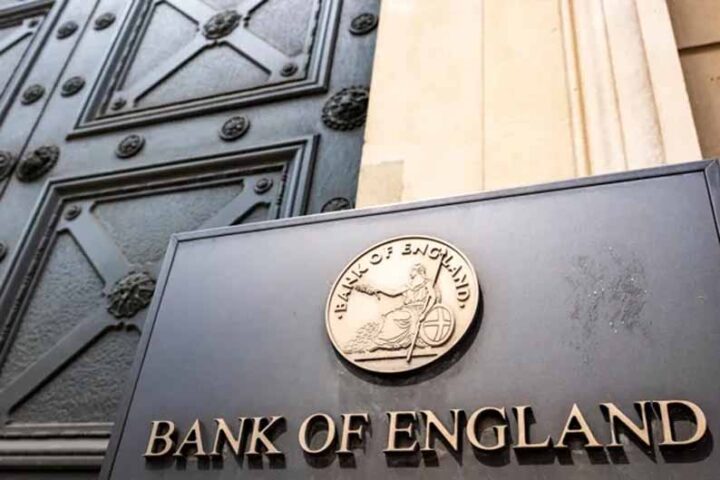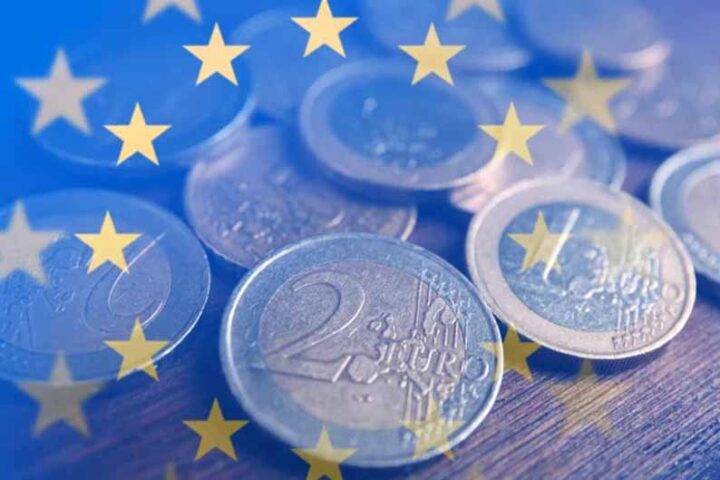By Jim Leontiades
The Greek economy has undergone spurts of economic growth as well as economic decline since it joined the euro in January 2002. This tells us little about its overall economic performance.
How has the Greek economy performed over the nearly two decades that it has been a member of the common currency? Has the Greek economy improved with membership? With the benefit of hindsight, we can now review the overall economic performance of the Greek economy before and after euro membership.
Before joining the euro, the Greek economy followed a cyclical pattern of ups and downs, characterised by excessive government spending and a large public sector.
Frequent sales of government bonds were required to support the spending which resulted in sky-high interest rates (20% and more on government debt).
Borrowing and spending supported economic upswings which eventually led to inflation which in turn made Greek exports uncompetitive.
Periodic devaluations of the drachma became necessary. The devaluations restored competitiveness in Greek exports and tourism, government spending could resume, and the cycle would start all over again.
The good and bad years
After joining the euro, a Greek government that had difficulty selling its bonds at over 20% interest suddenly found that foreign investors were willing to buy its bonds at the lower rates (4-6%) enjoyed by other Eurozone countries.
There followed a golden age for government spending. The civil service expanded. There was funding for prestige projects, such as the 2004 Athens Olympics.
Joining the euro brought with it a period of relatively low inflation and a stable currency. Economic growth benefited. For the first seven years after joining the euro, Greek GDP grew at an average annual rate (in real terms) of over 4%.
The good times did not last. Foreign investors that had supported the expansion began to realise that joining the euro area did not mean that all member countries were similar in terms of their finances.
Greece was living beyond its means. Doubts increased about its ability to service a growing national debt. Foreign lending dried up and the Greek financial crisis followed.
During the Greek financial crisis, economic growth dropped at rates not seen since the great depression. Between 2010 and 2018, the economy shrank at an average rate of -2.1% annually. Taking the good years together with the bad, over the entire period of Greek membership, 2000-2018, the economy grew at an average annual rate of less than 1%. In other words. slower than before membership.
Unemployment
Unemployment data reflects much the same picture. Greek unemployment averaged 10% during the ten years before euro membership.
Even during the 10-year “golden” period immediately after membership, the average had not improved (at 11% annually).
In 2013, unemployment hit a peak of 27.5%. For the entire period of 2000-20019, the average rate of unemployment has been 16.5%, much higher than the decade before membership.
According to the latest data, unemployment in Greece (as of July 2019) stands at 17%.
Youth unemployment is at 40%. These unemployment figures would undoubtedly be higher were it not for the 425,000 Greeks who have left the country since 2008, many of them to seek employment elsewhere.
For the past three years, there has been some modest improvement in the Greek economy. It is now growing a little over 1% annually.
The country has taken some much-needed financial measures. Government employment and pensions have been reduced. Hopefully, this signals an improved future, but this is by no means certain.
The aftermath of the crisis left Greece with the highest national debt in Europe, at 180% of GDP.
The debt repayments it is scheduled to make to the Eurozone countries and the IMF will burden the economy until 2060.
Bureaucracy is still too high and discourages foreign investment, as does the slowness of the justice system.
With all its faults, it seems the previous Greek economic model delivered superior long-term economic growth.










